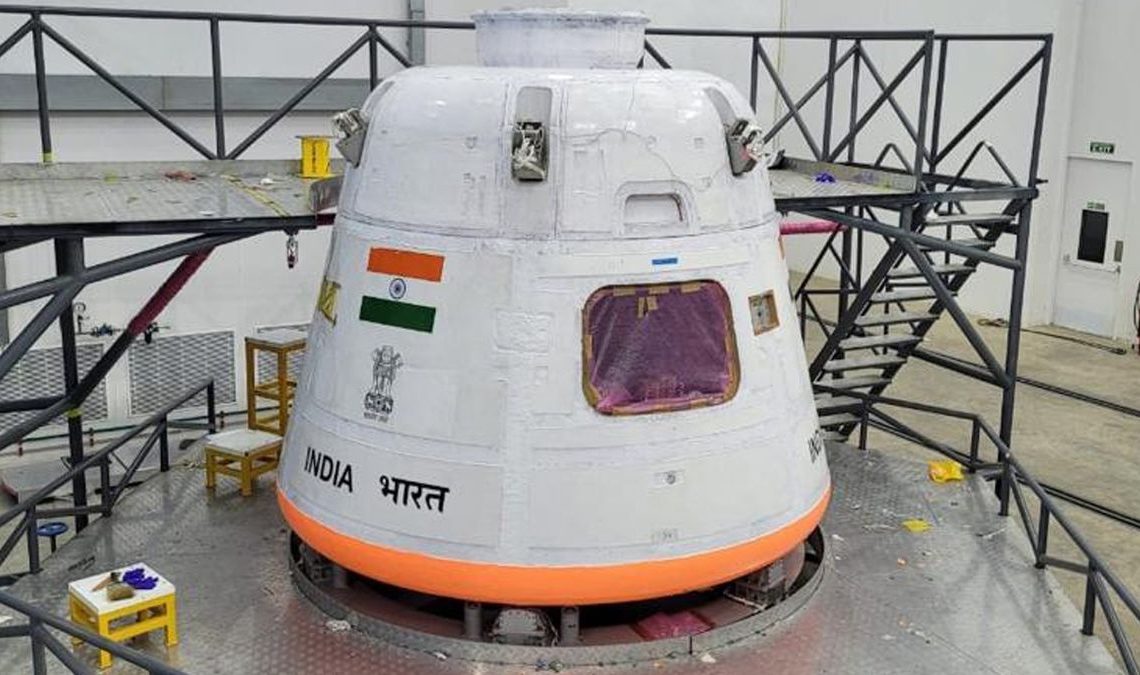
India’s first astronaut mission under the ambitious Gaganyaan programme has been postponed to 2026, extending the original timeline by a year. The announcement came from S. Somanath, Chairman of the Indian Space Research Organisation (ISRO), who emphasised that safety remains the utmost priority. In light of recent global aerospace setbacks, ISRO is doubling down on rigorous testing and preparation to ensure a flawless crewed mission. This historic venture positions India alongside the United States, Russia, and China in independently launching astronauts into space, marking a monumental leap in India’s space journey.
ISRO’s Steady and Safety-First Approach
ISRO’s meticulous planning is evident in its strategy to conduct multiple uncrewed test flights, with the first unmanned launch slated for December 2023. Somanath highlighted the importance of these preparatory tests, especially given the recent technical challenges faced by projects like Boeing’s Starliner. ISRO has incorporated a fourth uncrewed flight to address similar concerns, emphasising a stringent safety protocol designed to verify all mission-critical systems. This approach aligns with Gaganyaan’s mission objective of sending one or two astronauts into low Earth orbit, approximately 400 kilometres from Earth, using technology developed entirely in-house.
Key Preparations Pave the Way for Crewed Launch
To support the mission’s success, ISRO has undertaken extensive testing of various critical systems. The upcoming G1 flight will be a significant milestone, featuring Vyomitra, a humanoid robot, onboard to assess crucial systems such as re-entry dynamics, parachute deployment, and a controlled splashdown in the Bay of Bengal. After G1, three additional uncrewed flights are planned to refine ISRO’s technologies and mission capabilities further, ensuring every detail is meticulously addressed before the final crewed launch.
Astronauts Undergo Intensive Training for a Stellar Mission
In preparation for this landmark mission, the astronaut team is undergoing rigorous training both domestically and internationally. Indian Air Force test pilot Shubhanshu Shukla, one of the astronauts in training, is slated to join a mission to the International Space Station (ISS) with Axiom Space in Houston. Under the guidance of former NASA astronaut Peggy Whitson, Shukla will gain essential skills in navigation and docking, crucial for the success of Gaganyaan’s manned mission.
Government Support Propels Gaganyaan Forward
Recognising the mission’s significance, the Indian government has recently bolstered ISRO’s Gaganyaan programme with an additional funding boost of 111 billion rupees. This financial backing supports the programme’s final stages, from rigorous testing to crew training, underscoring the government’s commitment to advancing India’s space capabilities. With mission modules moving to ISRO’s Sriharikota spaceport, India’s first crewed space flight draws closer, propelled by a dedication to excellence and safety. As ISRO meticulously prepares for this historic launch, India inches ever closer to joining the elite group of nations with independent human spaceflight capabilities.

